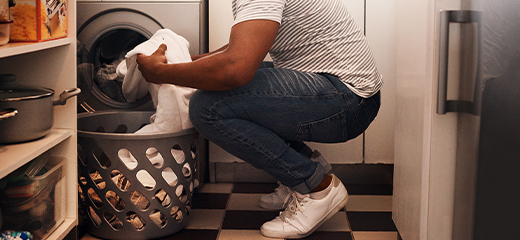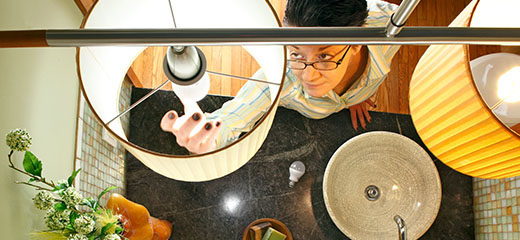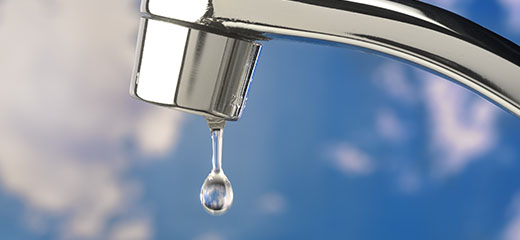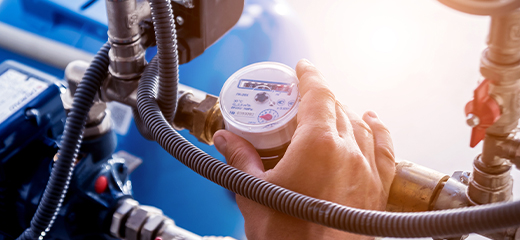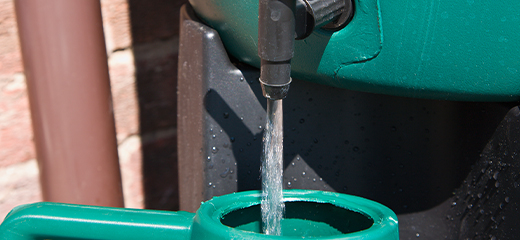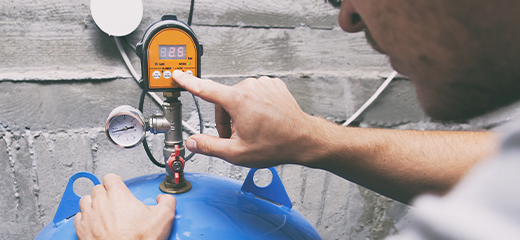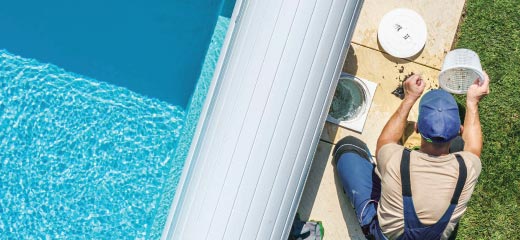
How to survive water shortages
Water scarcity is a global problem and, in South Africa, this problem is often worsened by extreme weather, drought conditions and the breakdown of ageing public infrastructure.
However, preparing a plan in advance for dealing with various types of water restrictions can help your home and family sail through the challenges.
Keep informed
There’s an old proverb that says: “forewarned is forearmed”, and when it comes to water challenges, this certainly applies.
In most cases, there is advanced warning of water shortages, with municipalities and water utilities issuing notices of upcoming maintenance, low water resources and intention to restrict water flow.
Keeping an eye on your local newspaper and following your municipality or utility on social media will ensure you can prepare for upcoming water events. What’s more, if your neighbourhood is experiencing an unexpected water outage, you’ll be able to gauge whether your municipality is aware of the problem and get status updates.
Short-term interruptions
Short-term interruptions, especially those that are unexpected, are often the most disruptive because they tend to result in total water outages. There are steps, however, that can help you get through these periods.
- Keep a 2-litre bottle of water in your fridge so that you have fresh water for your morning cup of coffee or your cooking requirements.
- Store enough water in large buckets or 5-litre bottles to take care of your household’s toilet flushing needs. This does not need to be fresh water, so consider using bath or shower water for your needs.
- If the interruption is expected to take a few days, use your bath to store enough water for your household’s needs. If you still have water left over after the interruption, use it to water your garden or wash dishes.
- Run out of water? Head to social media for information from your municipality or utility on where you can find water tanks.
Long-term shortages
South Africa’s ‘water crisis’ has seen shortages in most of its provinces over the past few years which resulted in restrictions and, sometimes, reduced water flow. According to experts, this is not a situation that should be taken lightly by homeowners.
- Find ways to reduce water consumption in your home with these easy tips. You’ll not only be helping the water system and environment at large; you’ll be bringing down your monthly water bill.
- Water shortages can be hard on avid gardeners, but there are water-wise ways to nurture your plants. Make a point to water your garden in the mid-afternoon during winter, and before 6am or after 6pm in summer. Keep an eye on social media for any restrictions on the use of hose pipes.
- Car needs a wash? Using a bucket rather than a hosepipe will use a fraction of the water and leave your car just as clean. While you’re at it, think of using bath or shower water.
- Get a solid cover for your swimming pool to reduce loss of water to evaporation and reduce the risk of drowning too.
- Pay attention to the water restrictions that your municipality has put in place, as failure to comply could result in hefty fines.
Backup water supply
Another way to get through water shortages is to make sure you have a backup supply available for your family.
- Government is encouraging South Africans to take advantage of rainy seasons to collect water for later use. Placing buckets or basins below gutter downpipes and out in open areas can harvest more rainwater than you would expect. Keep this water covered and out of direct sunlight and use it for watering gardens, cleaning cars and other household activities.
- A similar option is to invest in a rainwater harvesting tank. These specially constructed items make use of materials that keep algae and bacteria at bay as well as filters to keep out debris. You can also get pumps that enable you to use the water where you need it and water purification filters to make the water safe for drinking.
- If you’d like more certainty for your water supply, you can also look at a municipal backup tank. These tanks are connected to your municipal supply and store water for later use during interruptions. Once the water supply is restored, the tank refills.
- Another option is to speak to a borehole specialist about accessing underground water reservoirs. Be sure to have a survey conducted first as there are no guarantees that you’ll hit the water.
